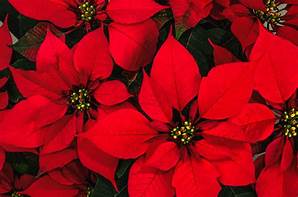Are Poinsettia Plants Poisonous to Pets?
The poinsettia is a popular holiday plant that is often displayed during the Christmas season. While poinsettias are not typically considered to be poisonous to pets, they can cause mild gastrointestinal upset if ingested. The sap from the poinsettia plant can also cause skin irritation in some animals.

Symptoms of Poinsettia Poisoning in Pets
The most common symptoms of poinsettia poisoning in pets include:
- Vomiting
- Diarrhea
- Nausea
- Drooling
- Skin irritation
- Redness
- Swelling
- Itching
Treatment for Poinsettia Poisoning in Pets
If you think your pet has ingested a poinsettia plant, it is important to contact your veterinarian immediately. The veterinarian will be able to provide supportive care and monitor your pet for any signs of toxicity. In most cases, the symptoms of poinsettia poisoning will resolve on their own within a few days.
Preventing Poinsettia Poisoning in Pets
The best way to prevent poinsettia poisoning in pets is to keep the plants out of reach. If you do have poinsettias in your home, make sure to place them in a high location where your pet cannot reach them. You can also cover the poinsettia plant with a pet-proof barrier, such as a plastic sheet or a wire cage.
Additional Information About Poinsettia Plants
Poinsettias are native to Mexico and Central America. They are typically grown as annuals, but they can also be grown as perennials in warm climates. Poinsettias are known for their brightly colored bracts, which are actually leaves that have been modified to attract pollinators. The flowers of the poinsettia plant are small and inconspicuous.
Poinsettias are generally considered to be non-toxic to humans, but they can cause skin irritation in some people. The sap from the poinsettia plant can also be an irritant, so it is important to wear gloves when handling the plant.
Declaration: All article resources on this website, unless otherwise specified or labeled, are collected from online resources. If the content on this website infringes on the legitimate rights and interests of the original author, you can contact this website to delete it.





